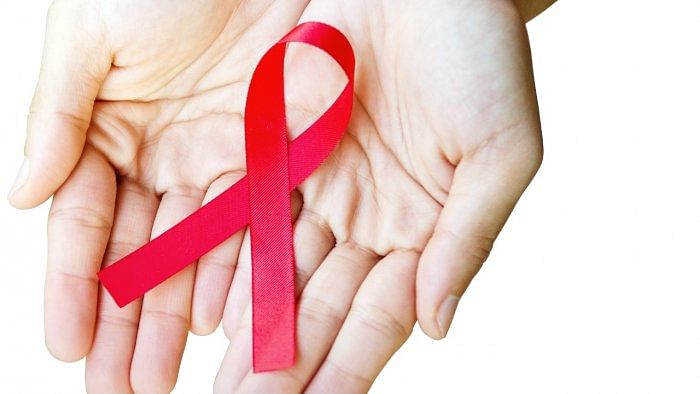
Four decades ago the first AIDS case was reported in the world, and 35 years since first case was reported in India, HIV still threatens us, days Dr Dr Ishwar Gilada, President, AIDS Society of India (ASI) and Governing Council member, International AIDS Society (IAS).
“Today, the world is off track from delivering on the shared commitment to end AIDS by 2030 not because of a lack of knowledge or tools to beat AIDS, but because of structural inequalities that obstruct proven solutions to HIV prevention and treatment,” Dr Gilada said coinciding with the 34th World AIDS Day observed globally on December 1.
According to him, 109 months left to end AIDS by 2030 and deliver on all Sustainable Development Goals (SDGs).
“Economic, social, cultural and legal inequalities must be ended as a matter of urgency if we are to end AIDS by 2030. But ending inequalities requires transformative change. Political, economic and social policies need to protect the rights of everyone and pay attention to the needs of disadvantaged and marginalised communities,” he said.
According to Dr Gilada, India has made commendable progress since April 7, 2004, when it began the roll out of lifesaving antiretroviral therapy (ART) for people living with HIV, but formidable challenges remain. India along with other nations worldwide missed meeting the target of zero discrimination by 2020. Zero discrimination milestone now has been shifted to 2030, albeit with a correction, “less than 10 per cent discrimination by 2030”.
Dr Gilada said grappling with Covid-19 pandemic for almost two years, the other crucial health issues like HIV, Tuberculosis, other infectious diseases similarly other non-infectious health emergencies and exigencies got neglected in India and elsewhere.
That resulted in non-achievement of WHO target 90-90-90 by 2020; which was set for 90 per cent of people with HIV should know their status, 90 per cent of HIV infected people who know their status should be put on Antiretroviral Treatment (ART) and 90 per cent of those on ART should have their HIV-Viral loads suppressed.
According to Dr Gilada, India has a golden opportunity to end HIV-related discrimination by fully implementing the HIV/AIDS (prevention and control) Act 2017.
“ASI worked hard to call for the law for ending all forms of HIV related stigma and discrimination. Now ASI is calling for ensuring that all social security measures which are part of our legal framework must be guaranteed to every person living with HIV so that progress towards HIV care and support be fully galvanised, to prevent the act being termed as a ‘toothless act’,” he said.
Even four years after the HIV/AIDS Act 2017, is in place, there are no appointments of state Ombudsman, which is a mandatory provision in the act.
“We yet to see a single prosecution under the provisions of this act and it in no way connotes that these violations have not happened. In fact, there is an urgent need to create awareness about the existence of the acts and its provisions.”
“PLHIV are denied mediclaim policies, and they still mention HIV in exclusion criteria. Life Insurances still have provision to not allow PLHIV to take policies for insured sum more than 10 lakh,” he added.